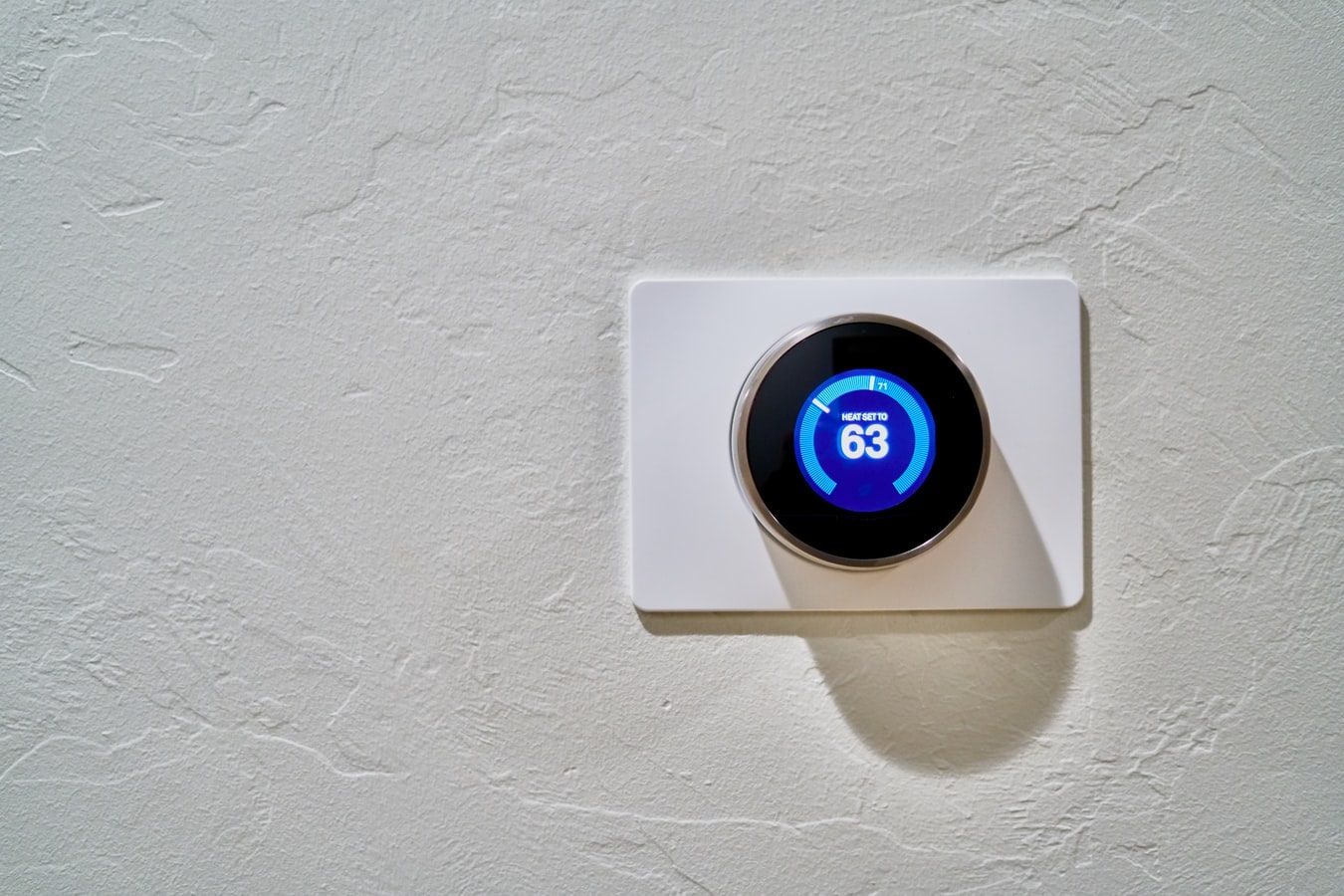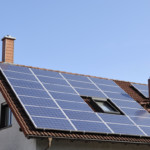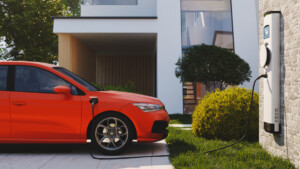
A fresh coat of paint or nicely staged room might increase curb appeal, but they rarely impact property value. Home automation, however, increases both curb appeal and property value by delivering cost savings on bills and insurance, enabling greater convenience, safety, and security and creating a modern, Internet of Things (IoT)-enabled home.
These benefits prove irresistible to many home buyers. In fact, some will pay more for homes integrated with smart accessories. To reap this reward, make sure you know how to use home automation to increase your property value.
What Home Automation Does for You
“Home automation” is an umbrella term that includes everything from smart thermostats and keyless entry systems to smart lights and intelligent appliances. All home automation products share common goals.
- Make life easier for you.
- Help you save money on utility bills.
- Create a safe, secure home environment.
With home automation and smart home gadgets, you can stay connected to your home no matter where you are. You can control temperature, climate, lighting, locks, security and other features from a single device, usually a smartphone or tablet.
Why Home Automation Increases Property Value
Smart home features are not a passing fad. By 2020 more than 30 billion devices will be connected to the IoT. Both the young and old desire smart home technology, but their interest in these gadgets arises from different concerns. Older demographics tend to care more about safety and security, while younger ones emphasize convenience and customization. A survey revealed that 90 percent of respondents put home and family security as the top reason they would purchase a smart-enabled home. Home security systems deter burglars, and with break-ins occurring every 20 seconds, it is becoming essential to safeguard homes.
Below are a few more statistics that show why smart home technology is important to different home buyers.
- Safety is the highest motivating factor to purchase smart home tech
- Nearly 68 percent of homeowners want smart tech to become more energy efficient
- Millennials desire smart tech to make their lives more convenient
- Generation Xers want smart tech to create a more comfortable environment
- Baby Boomers use smart tech to add value to their homes
- Forty-five percent of homeowners save money thanks to home automation, averaging more than $1,100 per year.
- People over the age of 60 own more smart home technology than the millennial demographic (15 percent and 10 percent, respectively).
Which Smart Home Technology to Invest In
To successfully add home automation features, homeowners should first recognize the technology as a long-term investment. A cheaper product may get the job done in the short term, but a higher quality—and likely more expensive—one will offer greater rewards long term. Because of that, homeowners, home sellers, and real estate agents should carefully balance the costs and benefits when examining smart home options.
You should also consider what you want to get out of home automation. Some people desire products that adapt to busy lifestyles. Others care about home security or functional products, such as a smart lighting system. Deciding on the end goal helps aim efforts, ensuring you purchase products that satisfy both your needs and wants.
Finally, homeowners should think about whether to invest in a full home automation system or begin with individual smart features. If you’re not sure how much you want to invest in home automation, the latter method is a smart, affordable way to build an ecosystem of connected devices. It can also act as a sort of trial period, acclimatizing homeowners to an IoT-enabled home.
If you want to start small, these six smart home features are must-haves this year. They are some of the easiest home automation devices to install and deliver immediate and long-term gains.
- Smart thermostats
- Smart lighting
- Security systems
- Keyless entry
- Controllable shades
- Built-in speakers
These home automation products can increase property value significantly. Homeowners see decreased maintenance costs and home insurance premiums, home sellers can sell their homes at higher prices, and homebuyers expect to pay more for new systems and upgrades. Smart home technology is a solid investment, providing immediate and long-term financial rewards.



























 United States
United States Canada
Canada